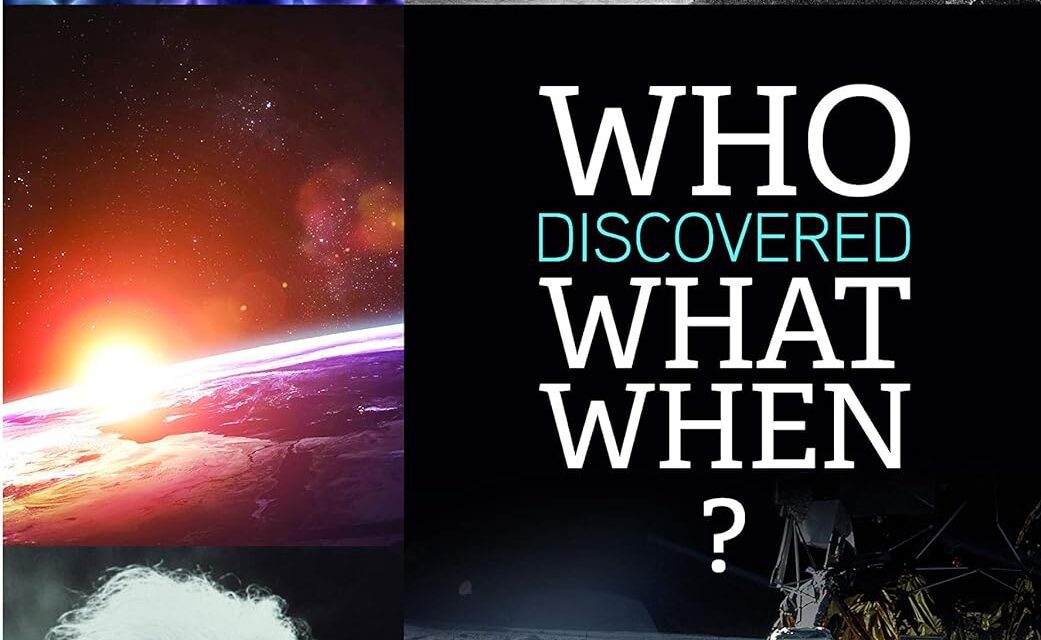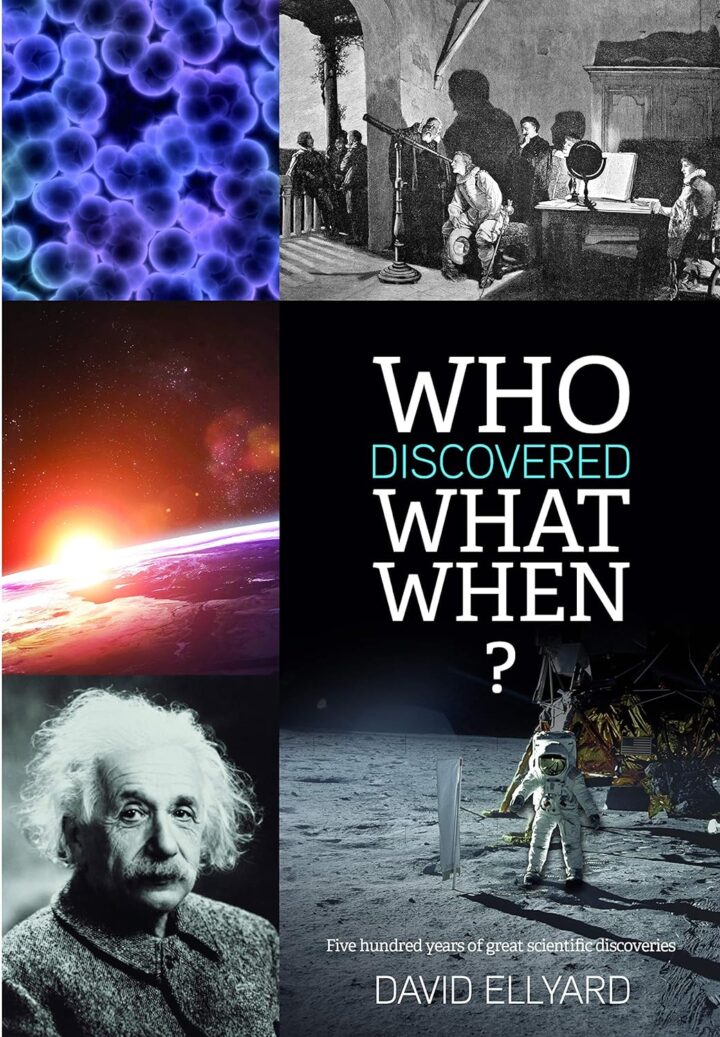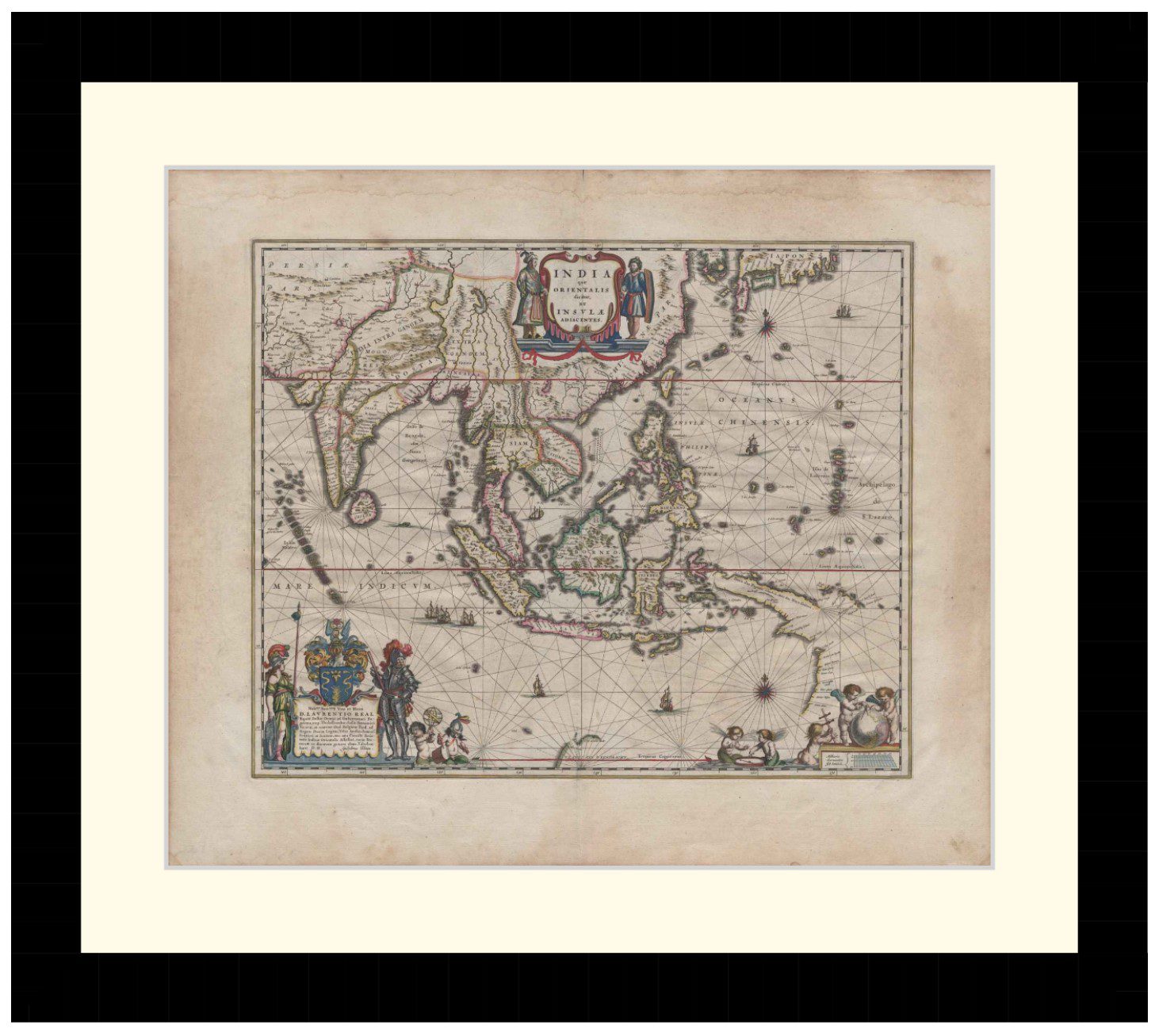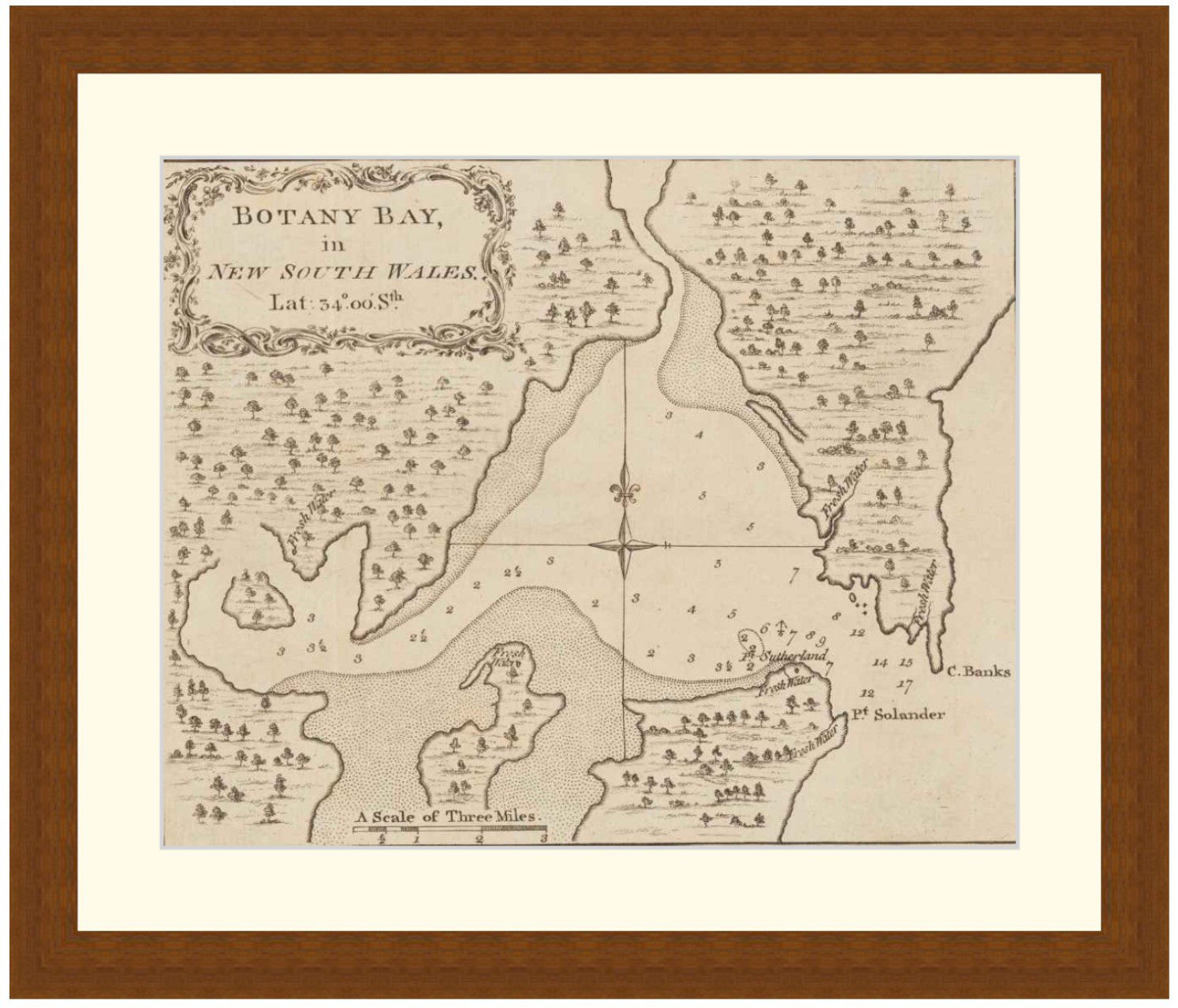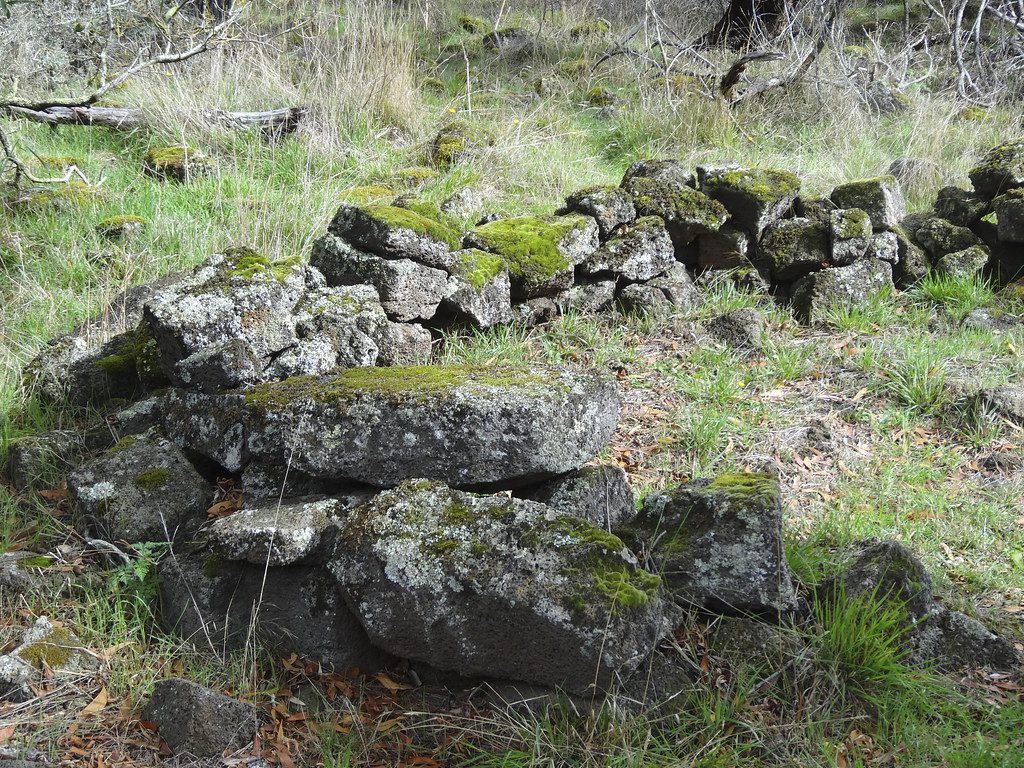Who Discovered What When? Five hundred years of great scientific discoveries, by David Ellyard
Who Discovered What When? is an absorbing and easy-to-read book about the growth of scientific ideas and knowledge since 1500. From Galileo, Newton and Darwin to Ernest Rutherford, Neils Bohr and Linus Pauling, it presents the scientists who have hypothesised, experimented and revealed the physical working of our world. It spans disciplines as broad as astronomy, palaeontology, chemistry, mathematics, geology, physics, biology and medicine.
The book also sets scientific ideas in the context of the world stage at the time, sketching out what was happening in politics, the arts, exploration and technology.
Each chapter covers half a century and include 200–300 word stories which are arranged chronologically. Each of the 400 plus stories are largely self-contained and cross references will guide the reader to earlier or later developments that complete each story.
Reading Who Discovered What When? from cover to cover, science buffs, budding historians and even the most casual fan will find an unfolding multitude of stories of scientific endeavour and discovery.
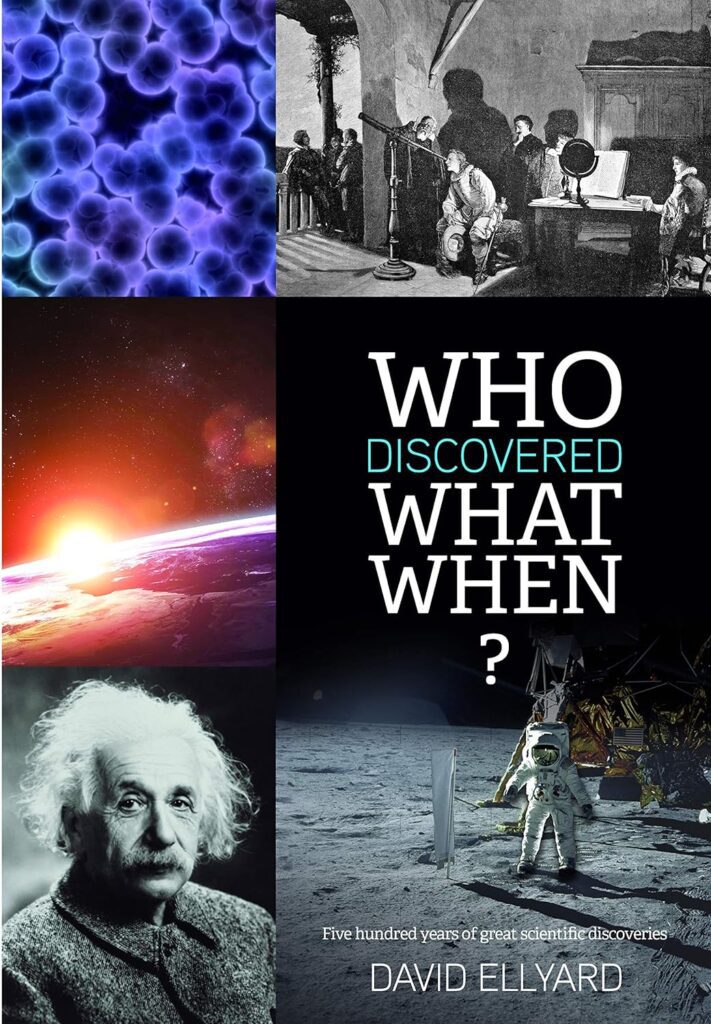
An Award-Winning Work
In 2004, David Ellyard won the Eureka Prize (Reed New Holland Eureka Science Book Prize) for Who Discovered What When?:
For a manuscript that provides an absorbing, easy paced insight into the big discoveries and ideas in science as they have developed over the last 500 years, and into the times and the people that created them.
Eureka Prize Awards
About the Author
David Ellyard has been closely involved with science all his working life. He has been a researcher, teacher and government policy advisor, and for more than 30 years a science communicate, working in radio television and print. He was also President of the Australian Science Communicators. His previous publications include books on weather and astronomy, and a prize-winning biography of the controversial Australian physicist and public figure Sir Mark Oliphant. Who Discovered What When? combines his love of history with his deep concern for the human and social impacts of new ideas and inventions.
New Holland Publishers
Who Discovered What When? – Book
By David Ellyard Who Discovered What When? is an absorbing and easy-toread book about the growth of scientific ideas and knowledge since 1500. From Galileo, Newton and Darwin to Ernest Rutherford, Neils Bohr and Linus Pauling, it presents the scientists who have hypothesised, experimented and revealed the physical working of our world. It spans disciplines as broad as astronomy, palaeontology, chemistry,…
Only 5 left in stock
Articles you may also like
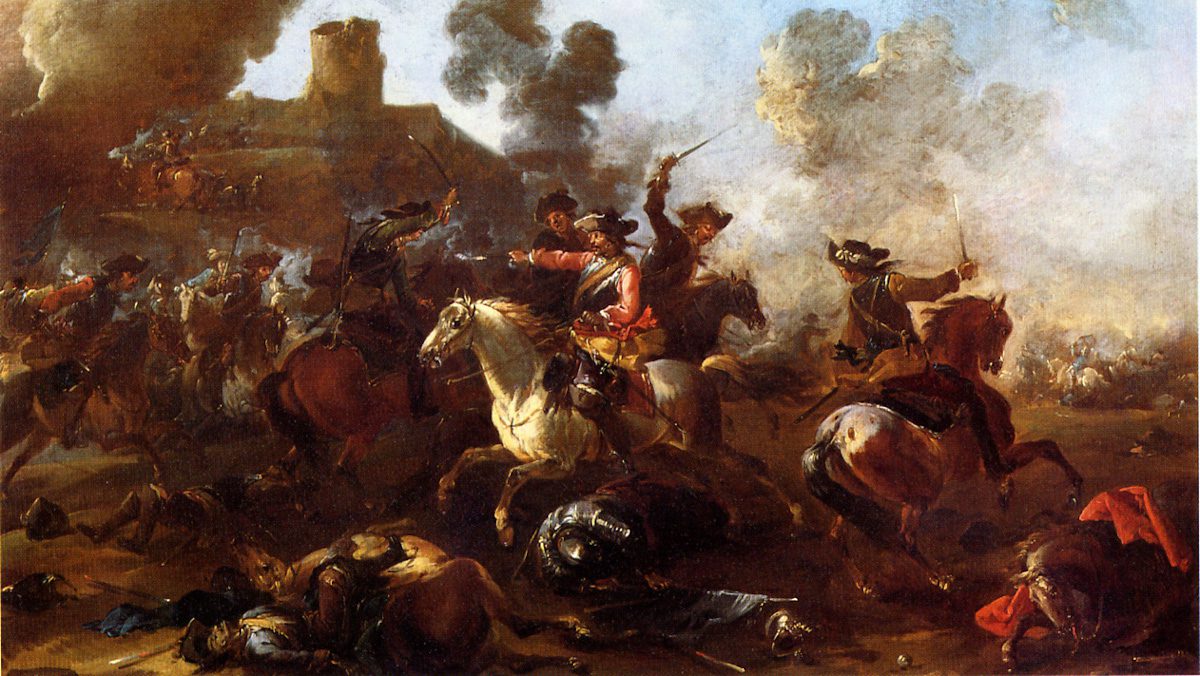
How Did Sweden Join the Thirty Years War?
Reading time: 5 minutes
The Thirty Years War was a whirlwind in the centre of Europe that at some point between 1618 and 1648 swallowed up every European country before spitting them out again. Though nominally part of the wars of religion, it drew in its wide array of combatants for any number of reasons, ranging from national prestige to territorial gain. In fact, a combination of all three drew in an unlikely contender: Sweden.
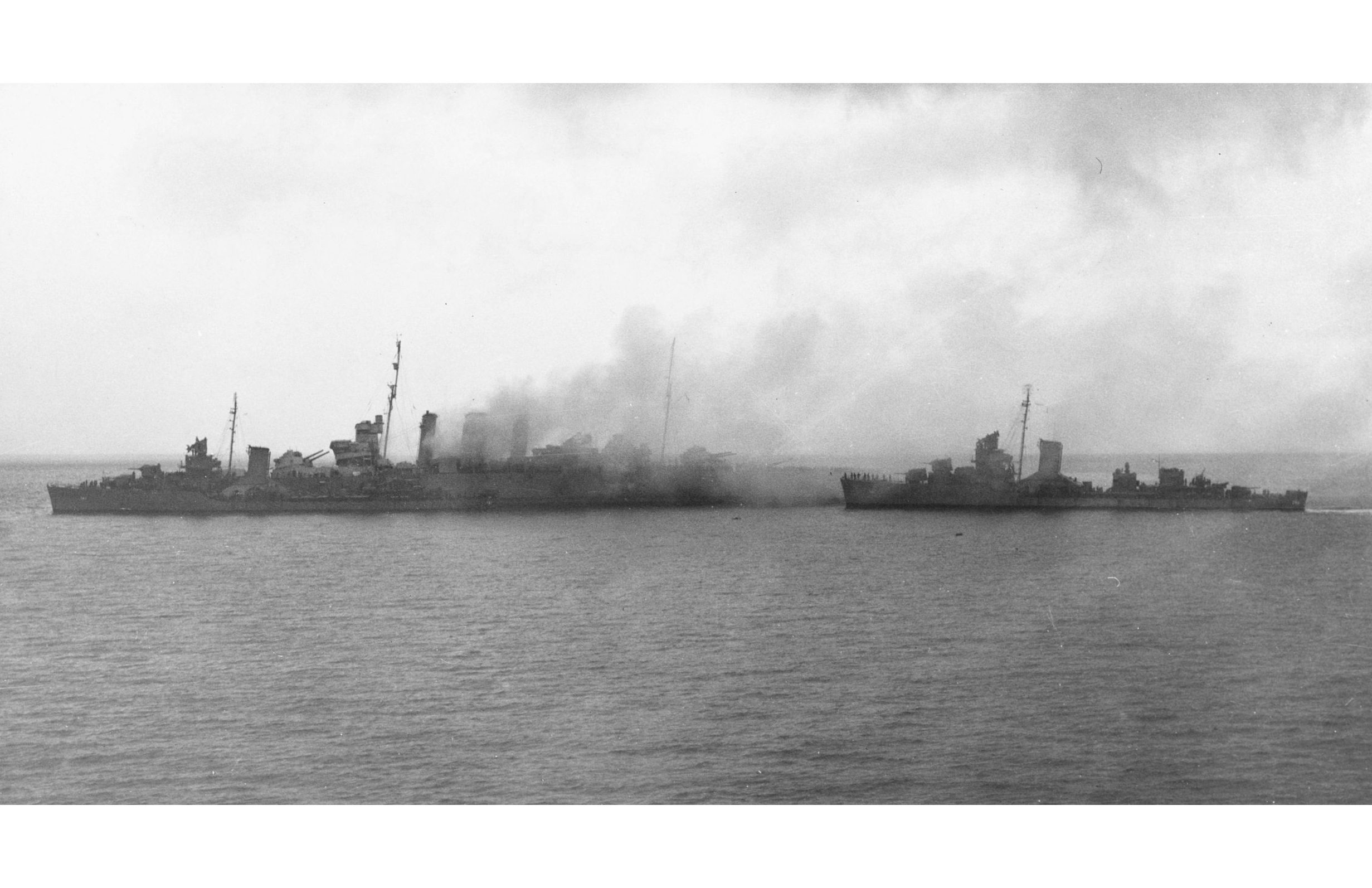
DISASTER AT SAVO ISLAND, 1942
The Battle of Savo Island The Battle of Savo Island occurred early in the morning on 9 August 1942 when the the Japanese 8th Fleet surprised the Allied Task Force shortly after the landing at Guadalcanal. In approximately 37 minutes, the Japanese Navy destroyed four Allied heavy cruisers and killed more than 1000 American and Australian sailors, handing […]
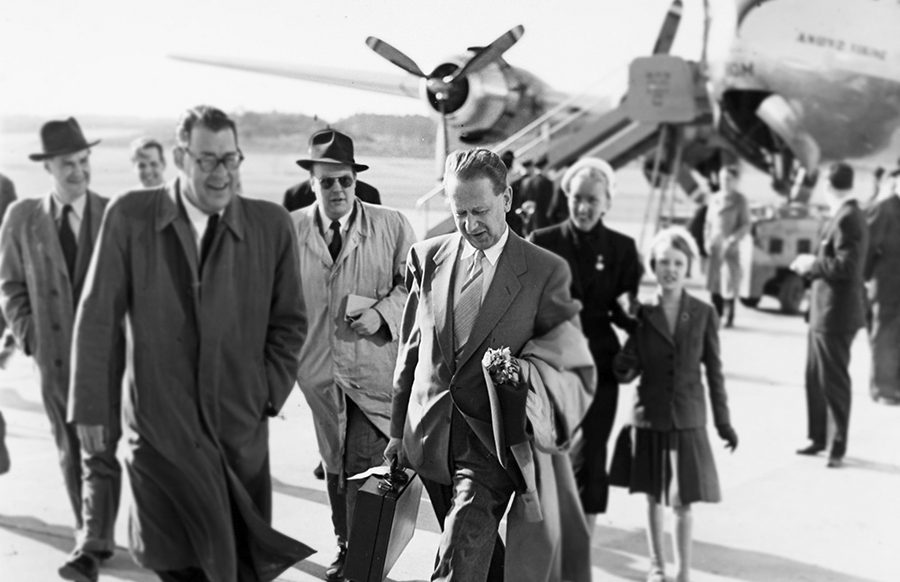
Dag Hammarskjöld: a defiant pioneer of global diplomacy who died in a mystery plane crash
Reading time: 5 minutes
The idea of a global institution has captivated thinkers since Immanuel Kant in the 18th century. But a body set up to create and maintain world peace and security needs the right people to make it work. When the United Nations was created in 1945, old sentiments — seen in the disbanded League of Nations — threatened to prevail. Would the UN and its leadership simply comply with the great powers of the day?

